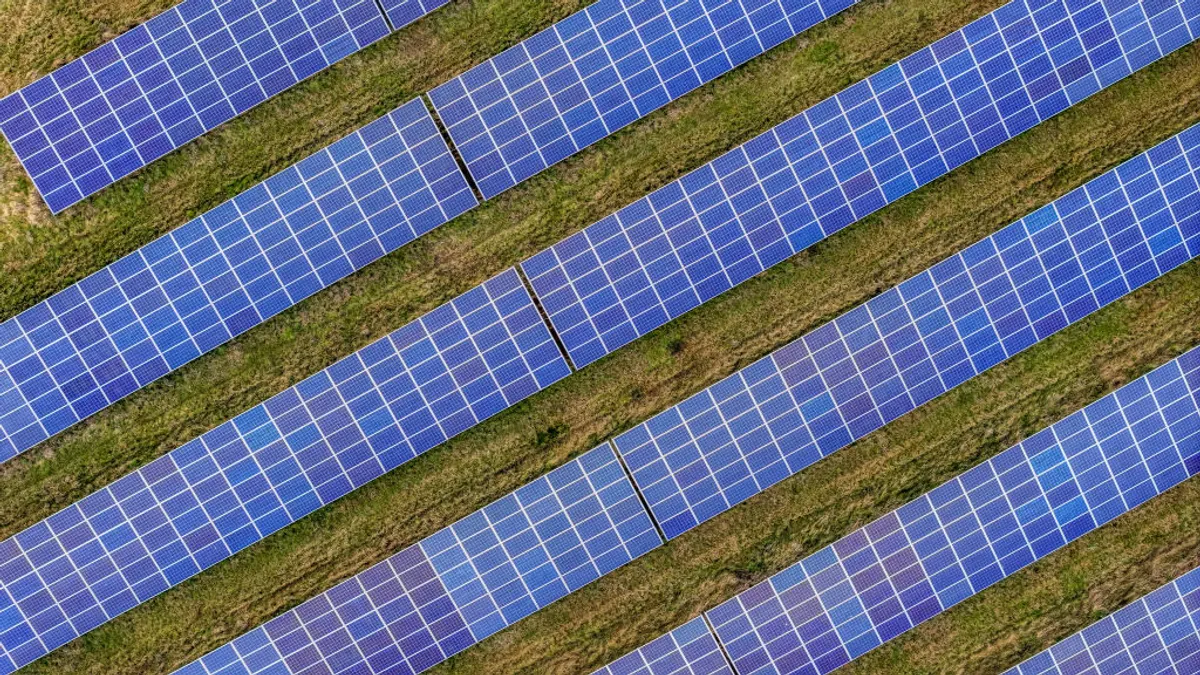Dive Brief:
-
ISO-New England on Monday filed short-term plans with the Federal Energy Regulatory Commission (FERC) to boost compensation for fuel resources during winter months.
-
The plan would provide higher payments for resources that can store fuel onsite in the winters of 2023/2024 and 2024/2025. Oil, coal, nuclear, biomass and some hydro, demand response and natural gas resources would be eligible for the program.
-
ISO-NE will file a long-term fuel security proposal at FERC by Oct. 15 that will provide a market-based solution for fuel security, a persistent concern in the region. FERC last December approved an ISO-NE proposal to treat fuel secure generators as price takers in its upcoming capacity market auction as it prepares permanent market reforms.
Dive Insight:
ISO-NE's Monday filing is the latest installment in the debate over how to value fuel security in New England, where natural gas generators can have trouble getting fuel in the winter when residential demand for gas is high.
ISO-NE's new Inventoried Energy Program would address those pipeline constraints by "directly compensating" resources that can store fuel onsite to use during cold snaps, when gas demand spikes.
"The program defines inventoried energy as fuel or potential energy that a resource can convert to electric energy at the ISO's direction," ISO-NE said in its filing. "This definition generally allows resources that use a broad set of fuels to participate in the program. For example, if an oil resource has an onsite tank containing enough oil to operate the resource for two days, that resource has two days of inventoried energy."
The program would also be open to resources that do not have onsite fuel supplies but can take stress off the natural gas pipeline system.
"Batteries may participate, as can some hydro generators fueled by water in a pond or reservoir that they control," ISO-NE wrote. "Certain demand-response resources may also participate, as can natural-gas-fired generators with firm contracts for delivery of natural gas."
Renewable resources like solar and wind would not be eligible for the Inventoried Energy Program, which is likely to raise criticism about the proposal. Renewable energy backers say those resources should be compensated for the power they produce during cold snaps, and ISO-NE earlier this year acknowledged that offshore wind resources can take stress off the grid during those extreme weather episodes.
"Every megawatt-hour out of a wind turbine is saving gas and oil that could be burned later so it's providing that exact product," Rob Gramlich, president of Grid Strategies LLC and a former wind energy lobbyist, told Utility Dive last year during fuel security discussions in PJM, another wholesale power market.
If approved, the Inventoried Energy Program would run for only two winters in the mid-2020s. ISO-NE requested that the program be approved with an effective date of May 28, 2019, so that market participants can prepare for auctions under the new rules, which would be held in February 2020 and February 2021, respectively.














